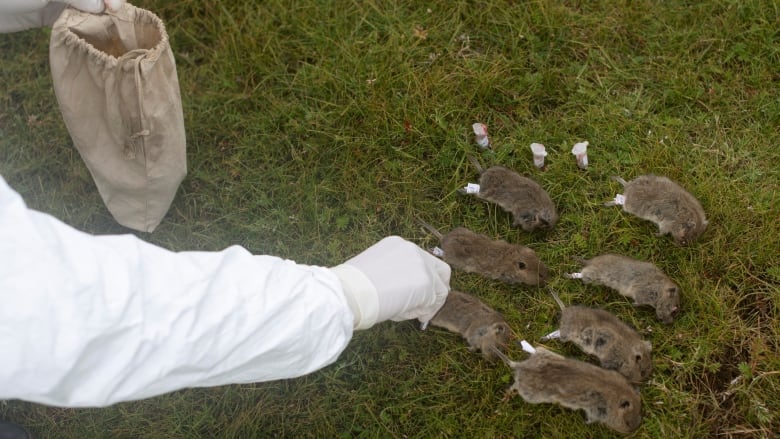This week Chinese authorities in Inner Mongolia have decided to close several tourist spots after confirmation of the first bubonic plague case.
The first case of bubonic plague was discovered in Bayannur, near Beijing. According to Xinhua news, five nearby tourist spots have been closed by the authorities with strict instructions to prohibit the tourists from entering or visiting the affected area and its surroundings.
Moreover, the Inner Mongolia authorities are taking stringent measures to ensure that the tourists on other grassland sites don’t touch or feed any wild animal because it may increase the population of rodents and fleas that can carry harmful disease.
The city officials were first alerted by the hospital authorities on Saturday regarding the suspected case due to which Level 3 warning was issued in Bayannur for plague prevention. The bubonic case was officially diagnosed by the doctors on Tuesday. As per reports the patient’s condition is stable and is kept in isolation.
The ‘Black Death’ is known as the most deadly pandemic in human history that killed nearly 50 million people in Europe. In middle ages, this plague was caused by bacteria transmitted through infected animals and flea bites.
Bubonic plague is one of the three forms of the plague that causes fever, coughing and painful swollen lymph nodes. After the confirmation of the first bubonic plague case, scientists and medical experts have advised the public to not panic as the plague was never actually gone. According to them the modern medicines and vaccinations can prevent death and other complications if treated timely.
The state-run newspaper pronounced that the World Health Organization is collaborating with Chinese and Mongolian authorities to analyze the situation.
Marmots – a type of large squirrels – were reported historically to cause the plague outbreak. The health authorities in Bayannur have warned the public to not hunt or eat marmot and immediately report any case of sick or dead marmots.
The Russian embassy in Mongolia stated, “There are no grounds for serious concern..the problem is that local residents who, despite all prohibitions and recommendations of local authorities, continue to hunt them and eat them, as this is a local delicacy.”
So what do you think, is this an indication of another pandemic?





